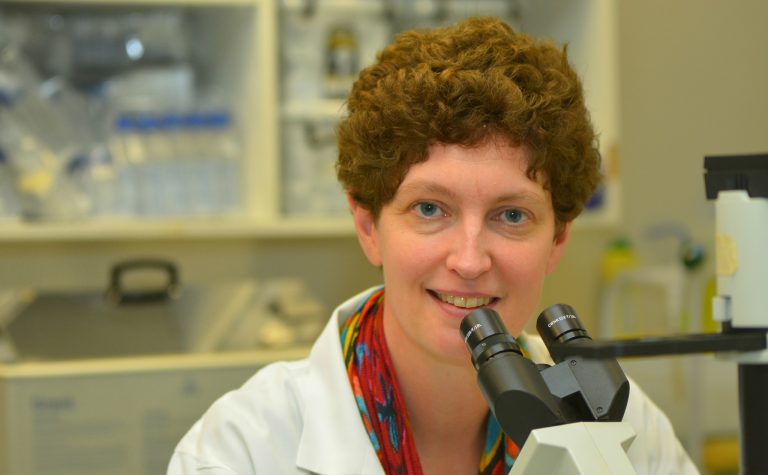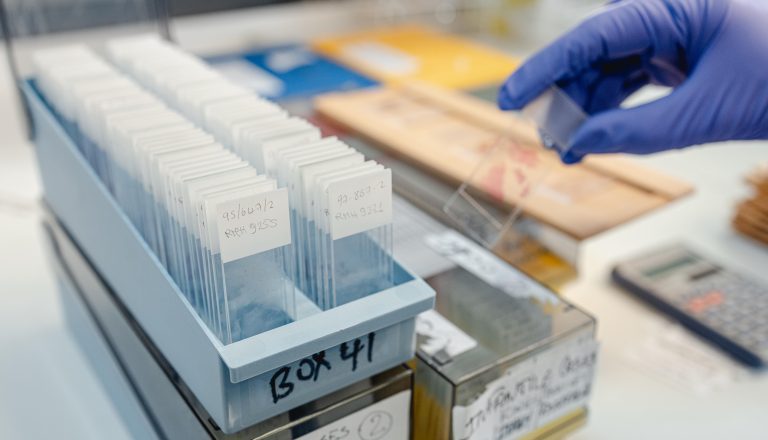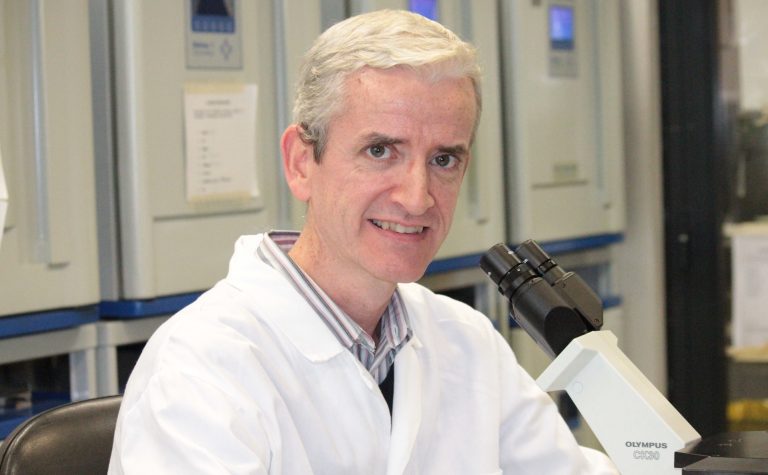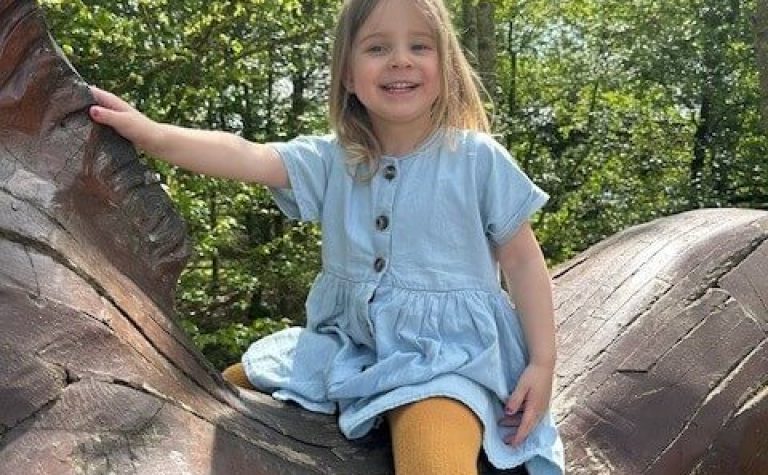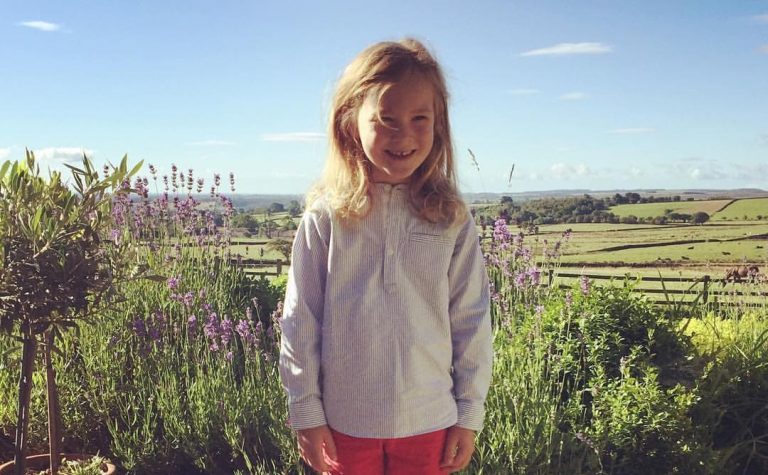About the Research Team
The investigator team (Dr Karin Straathof, paediatric oncologist at Great Ormond Street Hospital and research group leader at UCL and Dr Martin Pule, director of the UCL CAR T-cell program) are experts in the CAR T-cell research and clinical trial field. This project builds on the experience from their phase I clinical study of GD2-CAR T-cells in patients with relapsed/refractory neuroblastoma.
The investigator team are part of the NexTGen Cancer Grand Challenge (co-led by Dr Martin Pule). This is an international consortium of clinical and basic researchers developing Next Generation T-cell therapies for childhood solid cancers.
This project will benefit from the wealth of expertise it brings together. Collaborator Professor Louis Chesler (Institute of Cancer Research) developed the mouse model of neuroblastoma used for this project. Dr Alastair Hotblack (UCL Cancer Institute) is a highly skilled researcher who will oversee the treatment of mice with different IL-12 powered-up CAR T-cells. Collaborators Prof Sergio Quezada (UCL Cancer Institute) and Dr Kevin Litchfield (UCL Cancer Institute) will lend their expertise in testing new immunotherapies on tumour slice cultures. In other words, together our team will apply the best available animal model and state-of-the-art human tumour slice model to inform the selection of the optimal IL-12 power-up to boost CAR T-cell function.
